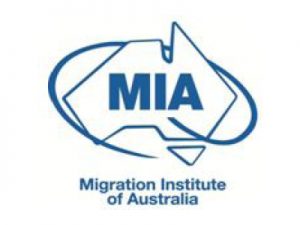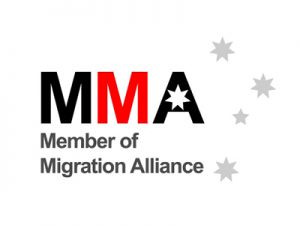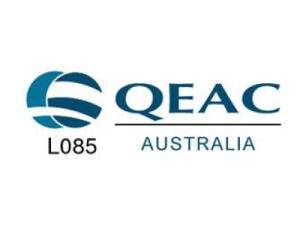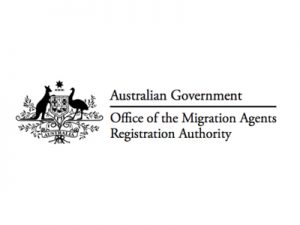Life as a Technical and Further Education (TAFE) student is so rewarding for domestic and international students alike. Studying a TAFE course allows you to learn practical skills that can lead on to higher education or that will be the building blocks for a career in a certain field. In this blog, we find out all about TAFE including the study levels and course structures available to help you make an informed choice in terms of your future.
So, What is TAFE?
TAFE studies are vocational programmes or certifications that are provided by the national training system of Australia known as Vocational Education and Training. These courses are part of the Australian Qualification Framework (AQF) and include all sorts of interesting subjects including everything from arts to winemaking and construction. Consequently, there will always be something that will pique your interest!
TAFE institutes are funded and run by the state and territory government of Australia. TAFE is designed to provide students with diploma/certificate qualifications. Interestingly, there are now also post-graduate diplomas and bachelor degrees offered in certain fields, so there is a world of choice available!
TAFE is the perfect entry point for students who wish to earn credits towards a bachelor’s degree. Also, it’s possible for students to transfer their TAFE credits over to complete degree programmes.
TAFE Institutes
TAFE courses for international students as well as domestic ones are extremely popular. In fact, TAFE is the largest training and education sector in the whole of Australia. There are around 60 TAFE institutes dotted all around the country in both metropolitan and regional areas. TAFE qualifications are designed to provide students with the qualifications, skills and training they need to be a successful part of the workforce.
Because the state or territory government regulates TAFE, specific policies and fees tend to differ. So, to find out more details about the course(s) that interest you, it’s a good idea to take a look at the territory or state website. Here are some details of well-known Australian TAFE institutes:
- TAFE NSW – New South Wales
- Canberra Institute of Technology – The Australian Capital Territory
- Training WA – Western Australia
- Charles Darwin University – Northern Territory
- TasTAFE – Tasmania
- TAFE SA – South Australia
- TAFE Qld -Queensland
With TAFE institutes situated throughout the country, there’s sure to be one to suit you!
Areas of Study
There are so many subjects to study at Technical and Further Education institutions, these include:
- Agriculture
- Food and Beverage
- Building and Furnishings
- Engineering and Transport
- Languages and Education
- Information Technology
- Hospitality and Tourism
- Business and Marketing
- Hair and Beauty
- Arts and Design
- Community and Health
Levels of Study
In addition to providing a wide range of courses for all levels of study, TAFE institutes also provide certain qualifications you can choose to work towards depending on your hopes for your future career. Some courses are designed to give you a good grounding on the basics of a particular subject whereas others are more specialised.
- Certificate I – Certificate I is the first qualification level that provides training in basic skills as well as routine tasks.
- Certificate II – This particular qualification level allows you to have operational knowledge in certain skills fields where you can find and apply solutions to problems.
- Certificate III – At this level, your skills are developing well alongside your theoretical knowledge to enable you to solve a wide variety of problems. You will be both judging and interpreting information.
- Certificate IV – Students who study at this level will have a broad knowledge base. If you’re studying for a Certificate IV, you will learn how to apply your skills in multiple areas while being able to analyse and evaluate information.
- Diploma – Diploma-level study prepares you for industry and paraprofessional careers. You will be able to work confidently and independently on complex technical tasks. You can also sometimes use your diploma study to gain credits towards university.
- Advanced Diploma – At this level, you will achieve expert level skills. When you graduate you can apply for supervisory or managerial jobs in your specific field of interest.
- Graduate Certificate – Once you complete your studies at this level, you can gain advanced employment roles. You will also now have relevant industry expertise and experience.
There are many different study levels to choose from at TAFE, so you have a world of opportunities available to you dependent on your hopes for the future.
Course Structure
In terms of study in TAFE international students are guaranteed to enjoy great teaching standards. You see, the units and skills don’t vary from one institute to the next. Instead, they follow a nationally endorsed, industry relevant training package. This lays out all the required competencies that must be attained at every qualification level. You also need to complete off-the-job and paid on-the-job training with an employer as part of your course. What this all means for you is that studying a TAFE course will help you to gain uniform industry skills, so you’re all set to work in your new career!
Tuition Fees
Depending on the institution, campus and course, TAFE course fees for international students’ fees can vary. It’s best to pick out a few courses and institutions you like the look of and to take things from there.
Entry Requirements
TAFE institutes have fewer entry requirements than universities. In fact, you can begin a VET course with no formal qualifications (Certificate I). You’ll need to have passed Australian year 12 or the equivalent for higher study levels (diploma, advanced diploma, Certificate IV).
Your work experience may also be taken into account when you apply for a new course. Additionally, certain courses require you to provide portfolios, attend interviews, have tests or auditions before you can enrol.
Now that you know more about TAFE and what to expect from it, perhaps it’s now time for you to take that next step so you can begin your new international studies in Australia. If you’d like to find out more, talk to a registered migration agent today to find the perfect course to study in Australia.











